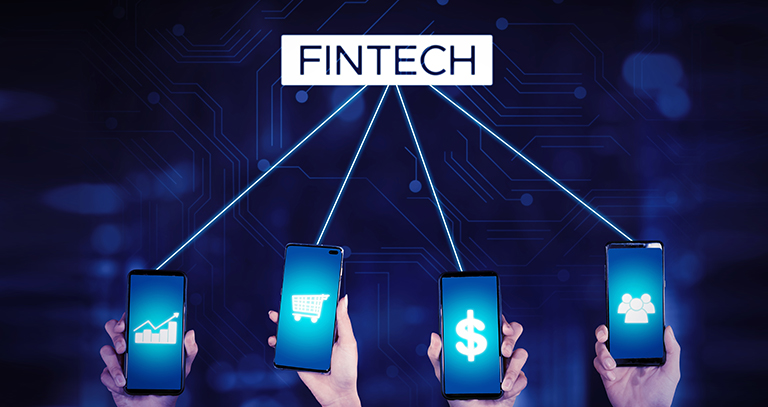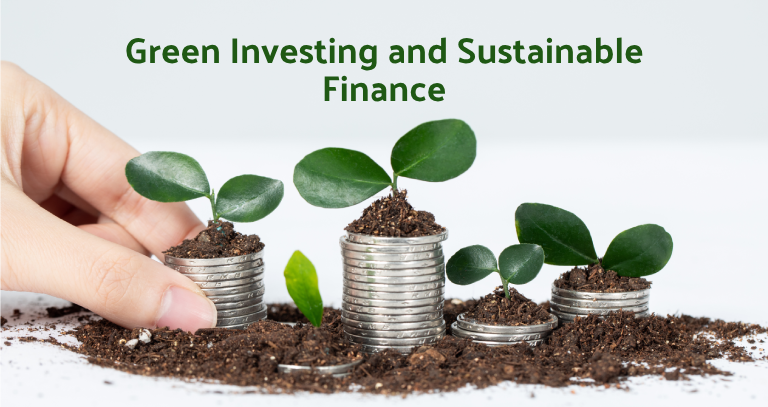In today’s rapidly evolving digital landscape, fintech is transforming the way we interact with financial services. While many of us in urban areas enjoy the convenience of online banking, investment apps, and contactless payments, a significant portion of the world’s population remains unbanked or underbanked. For these individuals, financial technology offers a lifeline to bridge the financial inclusion gap. In this blog, we’ll explore the role of financial technology in extending financial services to the unbanked, the challenges it faces, and the promising future it holds.
Understanding the Financial Inclusion Gap
The term “unbanked” refers to individuals who lack access to basic financial services, including savings and checking accounts. On the other hand, “underbanked” individuals may have limited access to these services and often rely on alternative financial services with high fees and interest rates. According to the World Bank, approximately 1.7 billion adults worldwide do not have access to a bank account, highlighting the magnitude of the financial inclusion gap.

Challenges Faced by the Unbanked
The unbanked population faces several significant challenges, such as:
- Limited Access to Savings: Without access to formal banking, individuals have difficulty saving and growing their wealth. This can perpetuate cycles of poverty.
- Limited Access to Credit: Unbanked individuals have limited access to credit, making it challenging to invest in businesses or education.
- Higher Risk and Costs: They often resort to informal financial services, which can be riskier and more expensive.
- Financial Vulnerability: Lack of insurance and safety nets make them more vulnerable to economic shocks and unexpected expenses.
- Limited Economic Opportunities: Without access to financial services, it’s difficult for these individuals to engage in entrepreneurial activities and improve their economic circumstances.
The Role of Fintech in Bridging the Gap
Fintech, short for financial technology, is changing the game by leveraging digital innovations to provide accessible and affordable financial services to the unbanked and underbanked. Here’s how it is making a significant impact:
- Digital Payments: Mobile payment apps and digital wallets are allowing people to send, receive, and store money securely using only a smartphone. This is especially useful in regions with limited physical banking infrastructure.
- Microloans: Financial technology platforms are providing small, short-term loans to unbanked individuals, helping them finance business ventures and unexpected expenses.
- Digital Banking: Digital banks and neobanks offer simplified account creation processes, reduced fees, and easy-to-use interfaces, making banking services more accessible.
- Blockchain and Cryptocurrencies: These technologies can provide secure and low-cost alternatives for transferring money and storing value, which is especially useful for those with limited access to traditional banks.
- Insurance and Risk Mitigation: Fintech startups are offering microinsurance products that cater to the specific needs of the unbanked, protecting them from financial shocks.
Challenges in Implementing Fintech for the Unbanked
While it has the potential to bridge the financial inclusion gap, it is not without its challenges:
- Infrastructure: Access to reliable internet, smartphones, and other digital tools remains a barrier in many underprivileged regions.
- Digital Literacy: Understanding and effectively using financial services based on technology can be challenging for those with limited digital literacy.
- Regulation: Striking the right balance between innovation and consumer protection is a challenge for regulators, especially when dealing with emerging financial technology models.
- Data Privacy and Security: Protecting sensitive financial data is crucial, but unbanked individuals may not fully understand the importance of data security.
- Trust: Building trust in financial technology services can be challenging, especially in regions with a history of financial scams and mistrust of financial institutions.

The Promising Future of Fintech for Financial Inclusion
Despite these challenges, fintech has already made significant strides in extending financial services to the unbanked and underbanked. With ongoing innovation and collaboration, the future of financial technology for financial inclusion looks promising:
- Partnerships: Collaboration between financial technology companies, governments, and traditional financial institutions can help overcome infrastructure and regulatory challenges.
- Education: Promoting digital literacy and educating unbanked individuals on the benefits and risks of financial technology can empower them to make informed financial decisions.
- Innovative Solutions: Fintech startups continue to create innovative products that cater specifically to the needs and constraints of unbanked populations.
- Regulatory Support: Governments around the world are recognizing the importance of financial technology for financial inclusion and are working on regulations that foster innovation while ensuring consumer protection.
- Financial Inclusion as a Global Goal: The United Nations Sustainable Development Goals include the aim of achieving universal financial access by 2030, recognizing the role of financial technology in achieving this goal.
Rundown
Financial inclusion is not just about accessing financial services; it’s about empowering individuals and communities to break the cycle of poverty, invest in their future, and withstand financial shocks. Fintech has emerged as a powerful tool in this endeavor, offering the unbanked and underbanked populations an opportunity to join the global financial ecosystem.
While challenges persist, innovation and collaboration are paving the way for a brighter future where financial services are accessible to all, regardless of their location or socio-economic status. As fintech continues to evolve, it brings with it the promise of a more inclusive and equitable world where everyone has the opportunity to build a better financial future.




